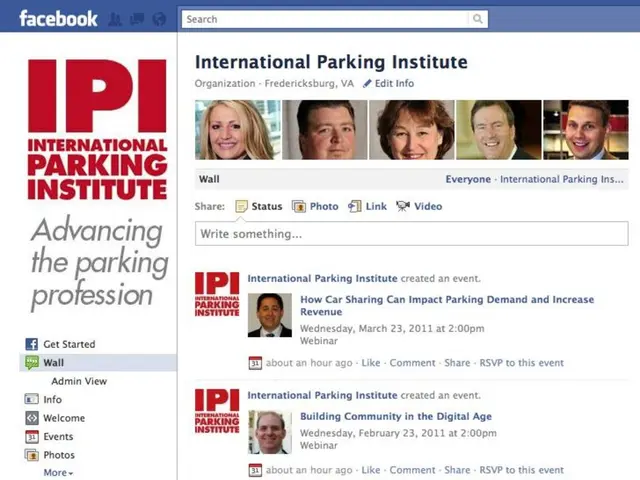The Art of "Autonomenting"
Overindulgent guardians unwittingly fostering dependency in their offspring, instead of cultivating self-reliance.
Let's break down the mysterious phenomenon known as "autonomenting," a unique term that seems to be a part of the French language. Emphasize the "autono" part when you say it.
Self-Reliance Reading
"Autonomenting" isn't a regular French verb, but more of a parenting tactic, essentially conjugated in the past participle. In everyday speak, it's like telling your child or teenager they must handle things themselves – tidying their room, finding an internship, renewing their passport, or paying their public transport fines – before you swoop in for the rescue.
Cases in Point
"I autonomed my daughter with her university application: I swore I wouldn't touch it and ended up writing her motivation letter.""I told her not to expect me for her move. I autonomed again... I spent the whole weekend packing.""I didn't want to mess with her university enrollment, and I autonomed, I'm currently scanning the family record book."
Application and Retreat
The verb "autonomentir" can be applied to significant educational milestones followed by a strategic retreat. By "autonomenting," you show parental education principles grounded in responsibility, while postponing immediate consequences (delays, repetitions, late fees, and hygiene problems). The term "autonomentir" is often applied as a parenting team effort, with one parent issuing threats and stern words while the other prepares necessary paperwork.
The verb "autonomentir" covers children aged 4 to 44, proving it's a universal strategy for any phase of life.
Natural Habitat and Characteristics
You'll find yourself "autonomenting" around the kitchen table turned administrative office on Sunday evenings at 10 PM. "Autonomenting" blossoms especially in spring when internship research, higher education institution enrollment, passport renewals for vacations, and weekend picnic preparations are in full swing.
The "autonomenting" parent starts sentences with "don't count on me for" and ends them with "here, I've filled it in, but you handle the post office." They re-read, correct, print, post, and sign, all while reminding themselves it's not their responsibility. They think aloud "send a message" and convince themselves this is the last time they'll interfere. Eventually, they demand a small token effort from their offspring to keep the charade going ("The envelope of your file is there, I've filled it in, written the cover letter, scanned the proof of residence, stamped it, but, at least, you can drop it off at the post office!")
- In the realm of health-and-wellness, some individuals may embrace the concept of "autonomenting" by encouraging their kids to research and choose their own diets or exercise routines, promoting self-reliance in their lifestyle choices.
- The realm of science can also benefit from "autonomenting," as parents may encourage their teenagers to handle complex projects or experiments, applying the principle of responsibility and building their confidence in scientific hypothesis development and problem-solving.
- Relationships within a family can also be influenced by "autonomenting," as parents may teach their children the importance of personal responsibility and independence by allowing them to manage family dynamics, such as planning household budgets, organizing family vacations, or managing household chores.








